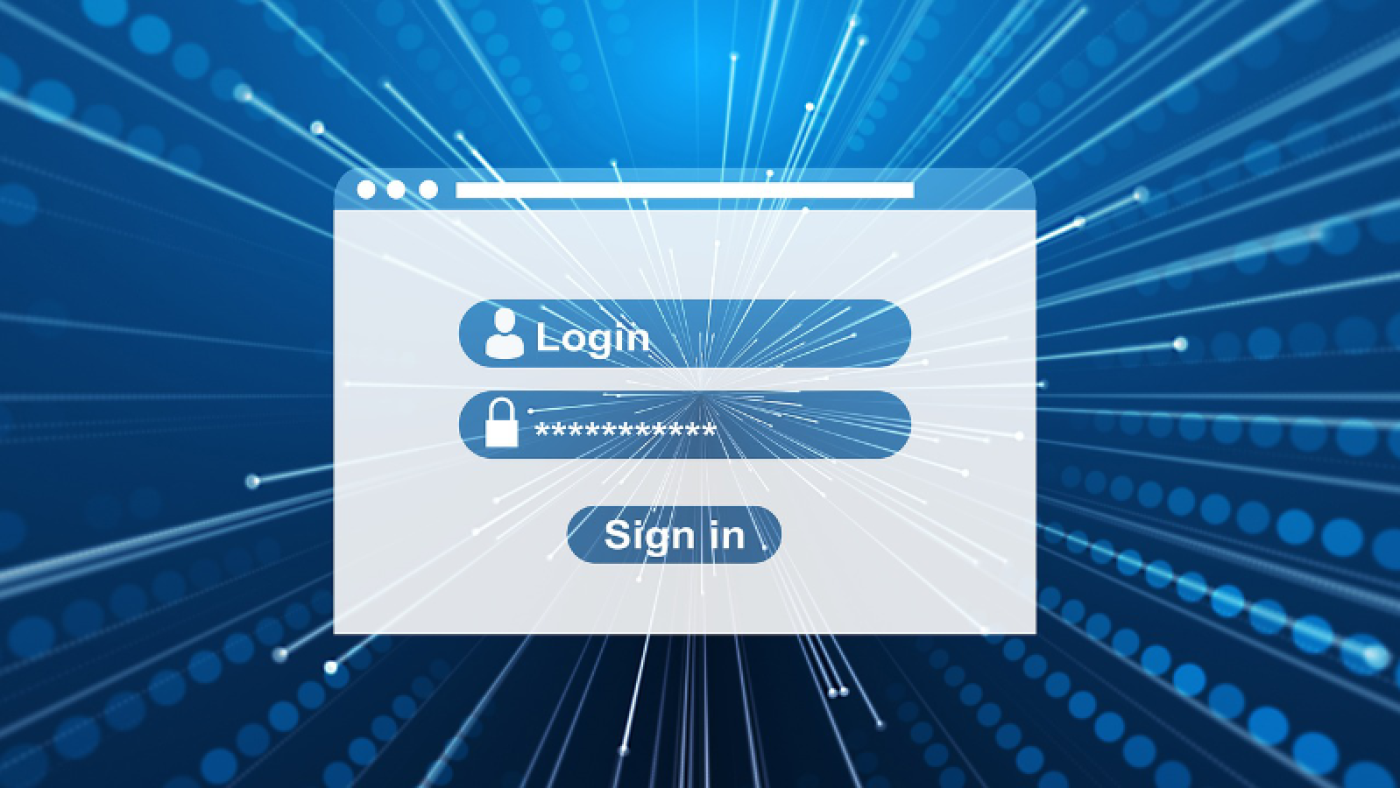Nowadays, everybody needs to use a password any moment for something especially while dealing online stuff. However, there are so many cybercriminals everywhere who are intending to steal information and perform unauthorized transactions across Internet connection. Which makes protecting the passwords of the accounts even more important. This is because a good password will make it difficult for someone to guess out. So, do you know what a good password should be?
A good password need to meet the following criterias:
Password Length
A good password should contain at least 10 characters. In fact, longer passwords can increase the strength of the password in order to effectively protect the accounts. The more characters, the better!
Password Complexity
It is important to include a combination of numbers, upper-case letters, lower-case letters, and special characters for the passwords. Besides, we do not recommend on using either repeated characters in a row, or any consecutive letters, numbers or keyboard keys.
Words Chosen for Password
The words for creating the password should be carefully chosen. For example, any personal information such as birthday, names of family or pet, address, phone number or social security number will make your online security vulnerable. Therefore, a good password shouldn’t include such information for your own safety. Moreover, some common word phrases are not recommended to use either (e.g., orangejuice, frenchfries, SuperBowl). The reason from avoiding these phrases is that anybody who knows your favorite or taste can easily guess out your passwords.
Password uniqueness
You should stop using the same password on all your accounts because once one of them is compromised, the rest won’t be safe for long. Therefore, the password uniqueness is necessary for remaining each of your online accounts as much safe as possible.
Now, you’ve already known how to create a good password, but there are still some things you should do to enhance your online security.
- Change your passwords regularly (maybe every 3 to 6 months).
- Do not share your passwords with others.
- Never write down the passwords.
- Do not autosave the passwords on a computer that you do not control or on a shared device.
- Change immediately if you suspect that your password might be stolen.
- Enter only the websites with HTTPS protection.
Image by Gerd Altmann from Pixabay
